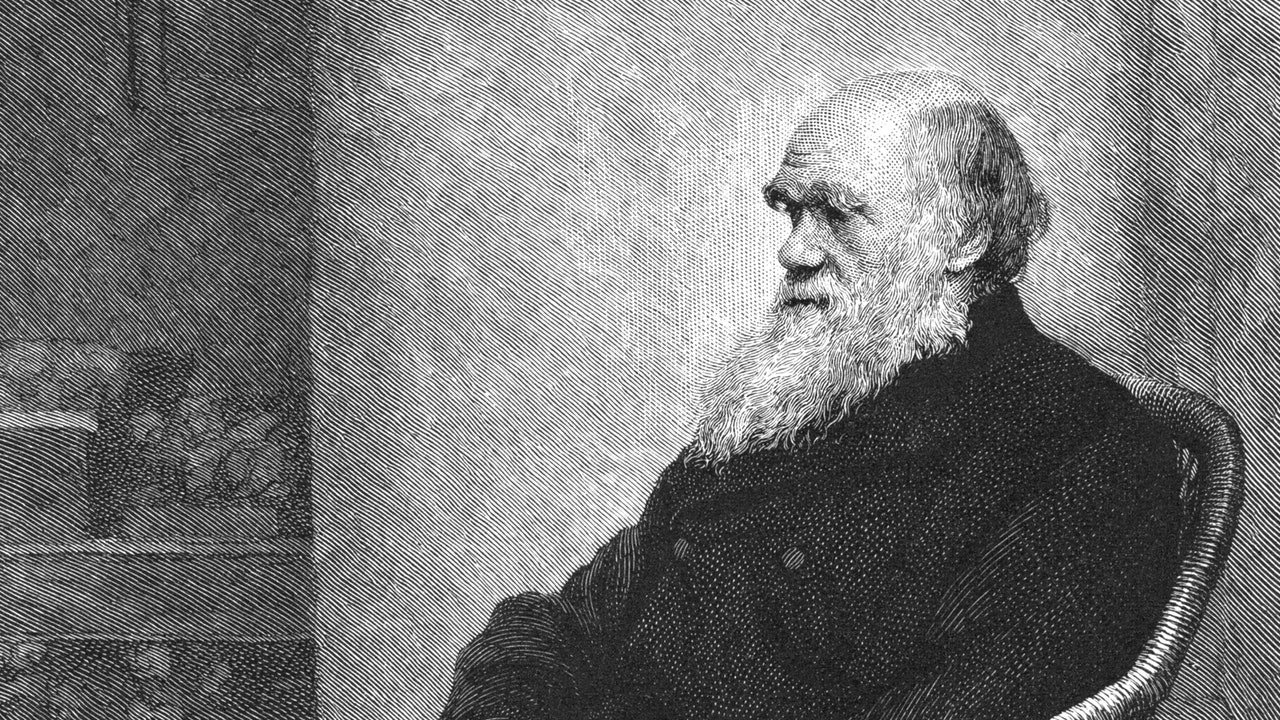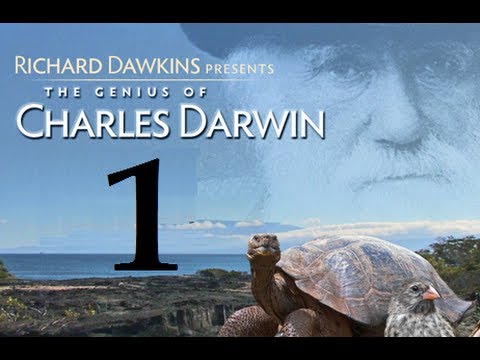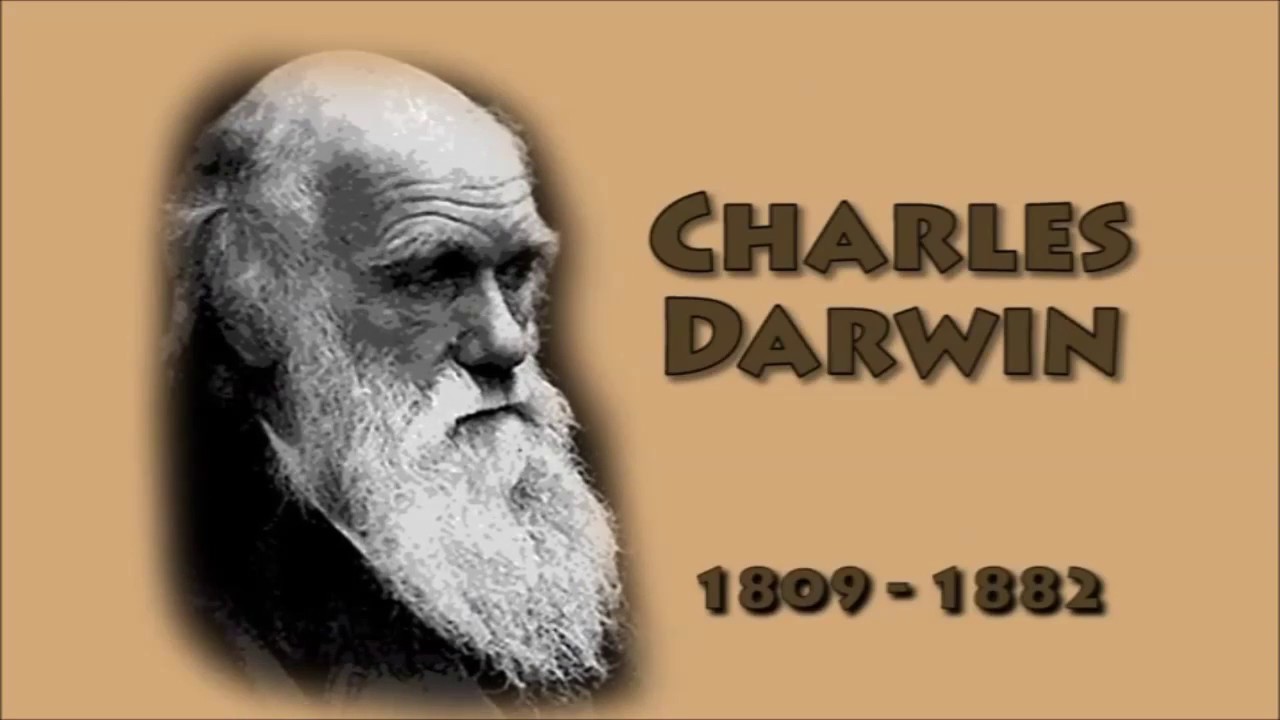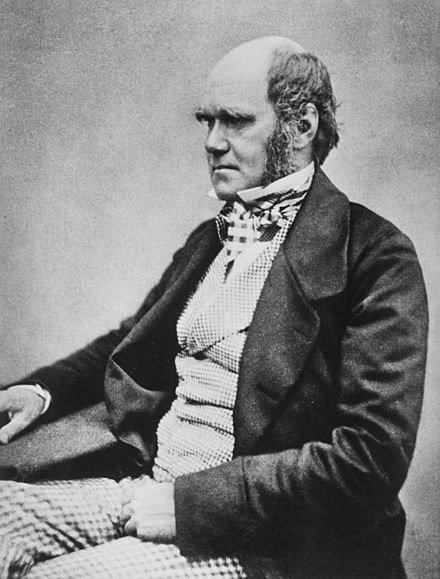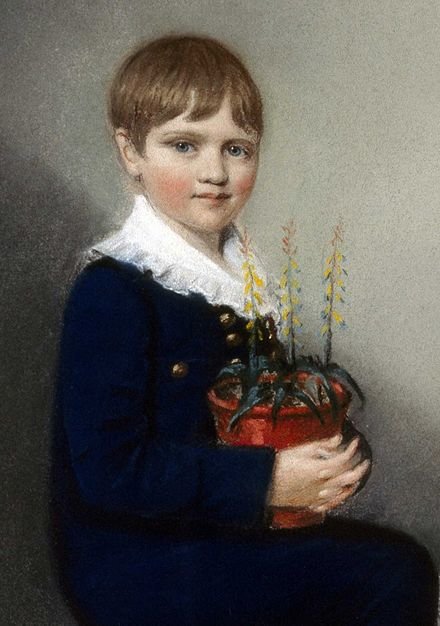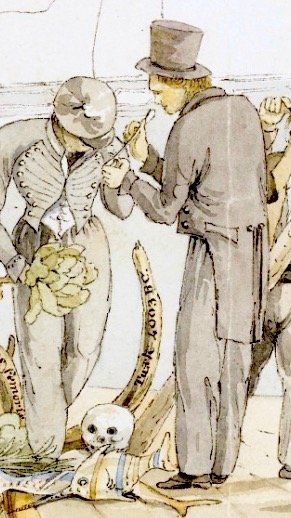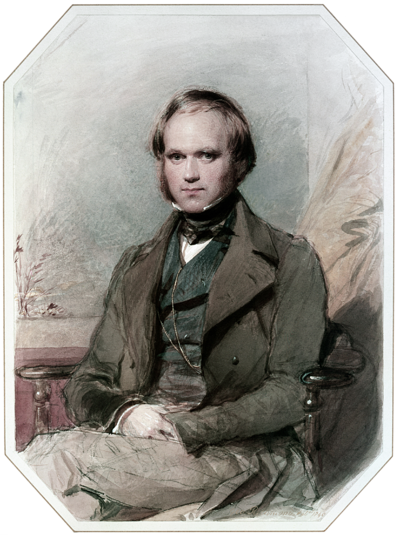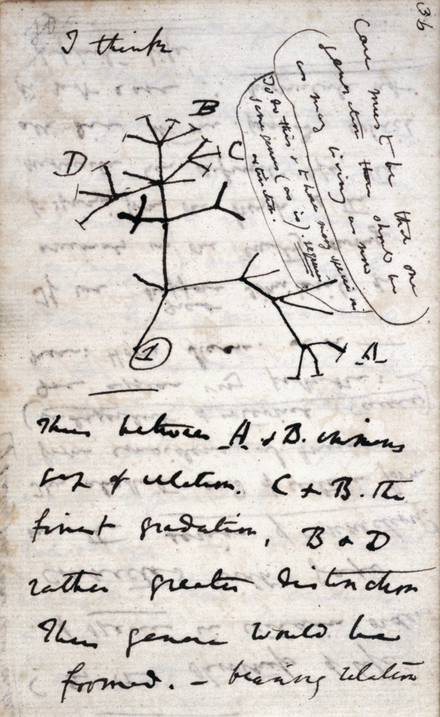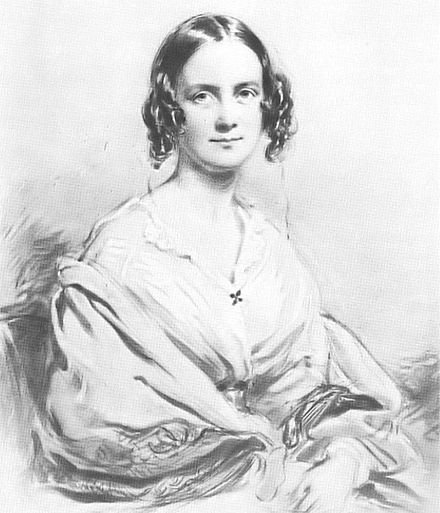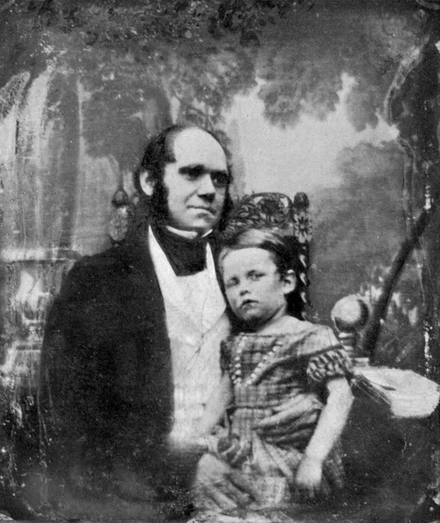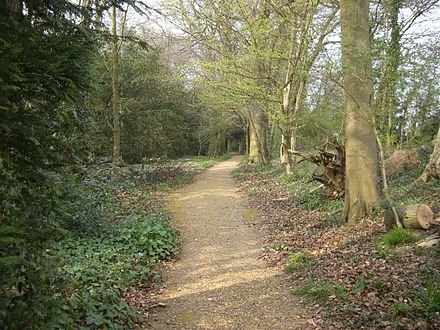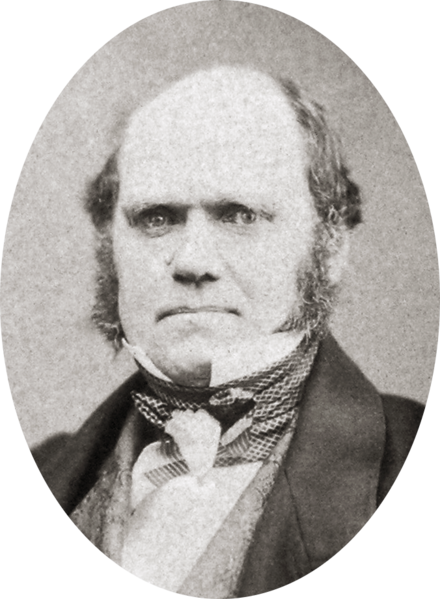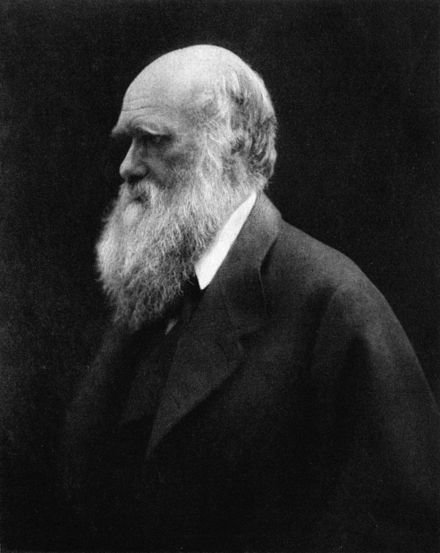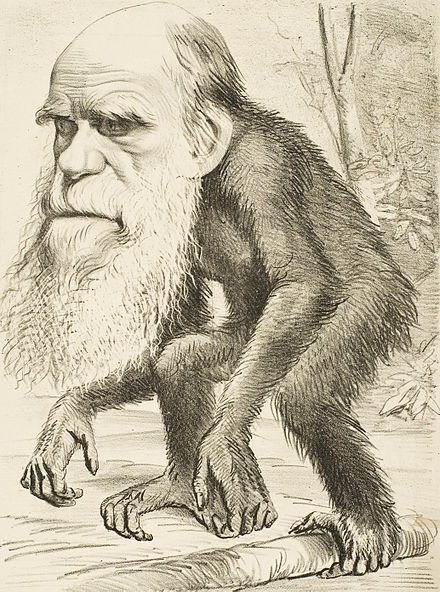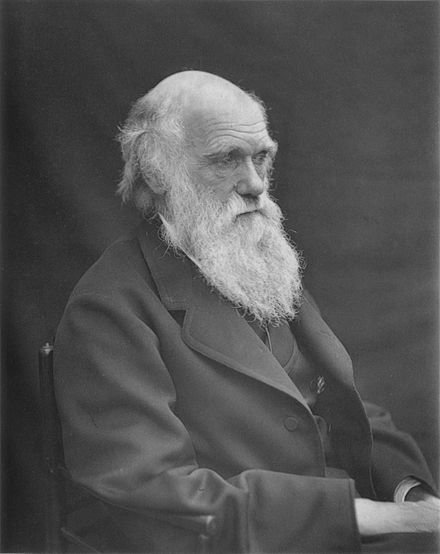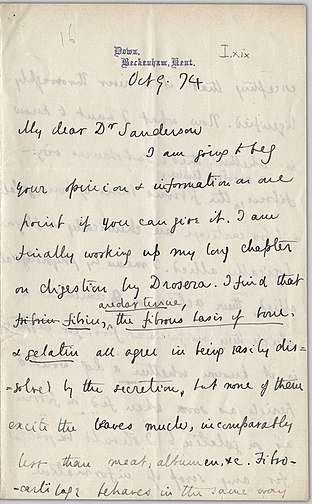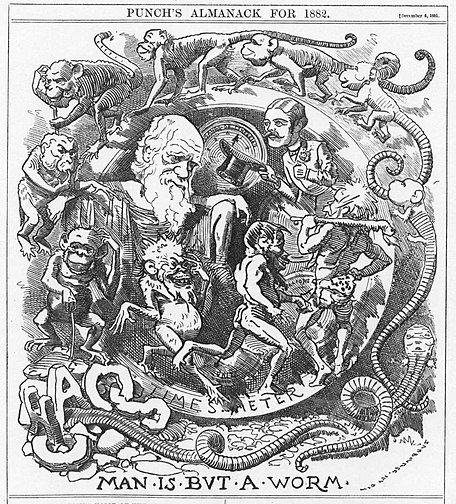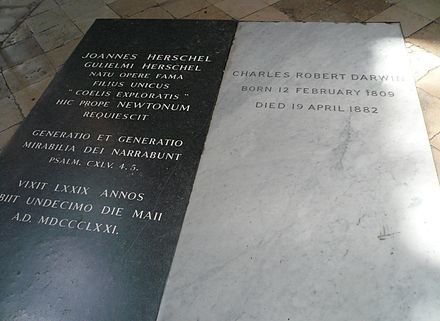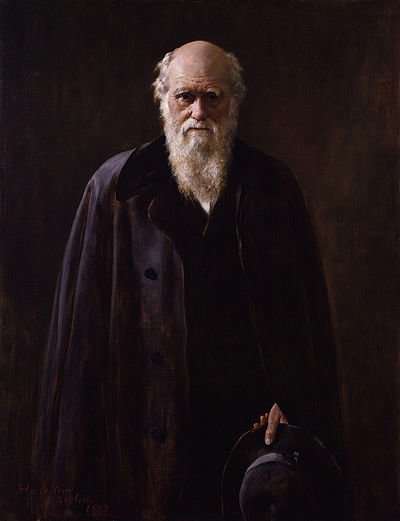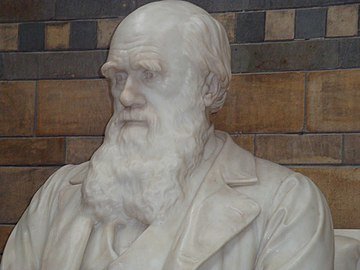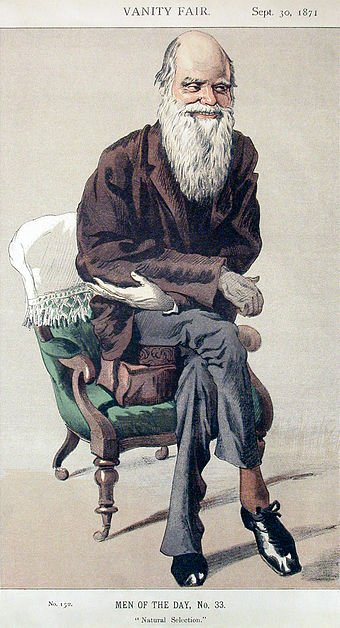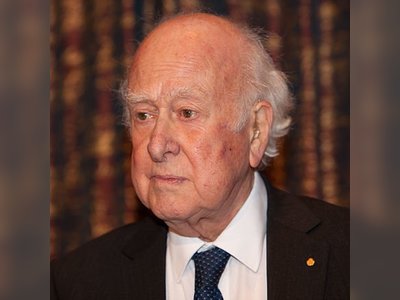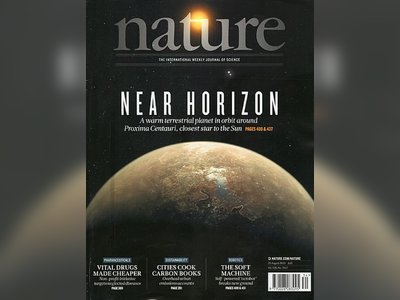British Heritage
Remember, Cherish, Learn.
beta
Charles Darwin - Evolutionary Biologist
His Contribution to British Heritage.
Charles Darwin, the renowned English naturalist, geologist, and biologist, made groundbreaking contributions to evolutionary biology, revolutionizing the understanding of life on Earth. His work, most notably his book "On the Origin of Species," presented the theory of evolution by natural selection, which has since become a cornerstone of modern science. Darwin's ideas challenged prevailing religious and scientific beliefs of his time, laying the foundation for the study of life's diversity and the interconnectedness of all living organisms. His profound influence on the scientific community and broader society has left an enduring legacy, firmly cementing him as one of the most influential figures in human history.
Charles Robert Darwin was born on February 12, 1809, in Shrewsbury, Shropshire, to Robert Darwin, a prominent society doctor and financier, and Susannah Darwin (née Wedgwood). His lineage was steeped in the pursuit of knowledge and social activism, with both grandfathers being notable abolitionists. From an early age, Darwin displayed a keen interest in nature and the natural sciences. Although originally enrolled in medical studies at the University of Edinburgh, his passion for natural science led him to neglect his medical education. Later, at the University of Cambridge (Christ's College), Darwin's enthusiasm for the subject flourished under the influence of renowned botany professor John Stevens Henslow.
One of the defining moments in Darwin's life was his five-year voyage on HMS Beagle, which began on December 27, 1831. The expedition was primarily intended for the surveying and mapping of coastlines, but it provided Darwin with a unique opportunity to explore diverse environments and collect a wide array of natural specimens. During this voyage, he observed and documented the geographical distribution of wildlife and fossils, which sparked his curiosity and led to the formulation of his evolutionary theories.
At the Galápagos Islands, Darwin encountered various bird species with distinct characteristics on different islands. These observations, particularly those of the Galápagos finches, laid the groundwork for his understanding of adaptation and speciation. In Patagonia, he made significant fossil discoveries, including the remains of extinct giant mammals, suggesting that current species were not fixed entities but could change over time.
After returning from the voyage on October 2, 1836, Darwin meticulously cataloged his vast collections and began to develop his theories on evolution. Drawing inspiration from the works of geologist Charles Lyell and economist Thomas Malthus, Darwin sought to explain the process by which species change over generations.
Darwin's pivotal concept, natural selection, proposed that within a population, individuals with advantageous traits for survival and reproduction were more likely to pass those traits on to their offspring. Over time, these beneficial traits would accumulate, leading to the evolution of new species. His groundbreaking theory challenged the prevailing belief in divine creation and paved the way for a naturalistic explanation of life's diversity.
Years of research, observation, and reflection culminated in the publication of Darwin's magnum opus, "On the Origin of Species," which was released on November 24, 1859. This comprehensive work presented overwhelming evidence in support of evolution and natural selection. Although met with significant controversy and criticism, the book gradually gained acceptance within the scientific community and beyond. By the 1870s, the majority of educated individuals acknowledged evolution as a credible scientific explanation.
Charles Darwin's contributions to British heritage are multifaceted and enduring. His scientific achievements fundamentally transformed the way humans understand their place in the natural world. Darwin's work challenged the prevailing religious dogma of his time, prompting deep introspection and reshaping theological debates on the origin and diversity of life. While some conservative factions resisted his ideas, the scientific community eventually recognized the veracity and significance of his theories.
The theory of evolution has become the unifying principle of the life sciences, providing a comprehensive framework for understanding the interconnectedness of all living organisms. Darwin's impact extended far beyond biology, influencing fields such as anthropology, psychology, and environmental studies. He provided a new lens through which the complexities of nature could be understood and explored.
In recognition of his profound contributions to science and culture, Charles Darwin was laid to rest in Westminster Abbey, an honor reserved for individuals of exceptional importance to British heritage. Today, his legacy continues to inspire generations of scientists, educators, and thinkers, fostering an ever-deepening understanding of the natural world and our place within it. Charles Darwin's legacy will forever be cherished as an integral part of the rich tapestry of British heritage and the broader global scientific community.
Early Life and Education
Charles Robert Darwin was born on February 12, 1809, in Shrewsbury, Shropshire, to Robert Darwin, a prominent society doctor and financier, and Susannah Darwin (née Wedgwood). His lineage was steeped in the pursuit of knowledge and social activism, with both grandfathers being notable abolitionists. From an early age, Darwin displayed a keen interest in nature and the natural sciences. Although originally enrolled in medical studies at the University of Edinburgh, his passion for natural science led him to neglect his medical education. Later, at the University of Cambridge (Christ's College), Darwin's enthusiasm for the subject flourished under the influence of renowned botany professor John Stevens Henslow.
The Voyage of HMS Beagle and Key Observations
One of the defining moments in Darwin's life was his five-year voyage on HMS Beagle, which began on December 27, 1831. The expedition was primarily intended for the surveying and mapping of coastlines, but it provided Darwin with a unique opportunity to explore diverse environments and collect a wide array of natural specimens. During this voyage, he observed and documented the geographical distribution of wildlife and fossils, which sparked his curiosity and led to the formulation of his evolutionary theories.
At the Galápagos Islands, Darwin encountered various bird species with distinct characteristics on different islands. These observations, particularly those of the Galápagos finches, laid the groundwork for his understanding of adaptation and speciation. In Patagonia, he made significant fossil discoveries, including the remains of extinct giant mammals, suggesting that current species were not fixed entities but could change over time.
The Theory of Evolution and Natural Selection
After returning from the voyage on October 2, 1836, Darwin meticulously cataloged his vast collections and began to develop his theories on evolution. Drawing inspiration from the works of geologist Charles Lyell and economist Thomas Malthus, Darwin sought to explain the process by which species change over generations.
Darwin's pivotal concept, natural selection, proposed that within a population, individuals with advantageous traits for survival and reproduction were more likely to pass those traits on to their offspring. Over time, these beneficial traits would accumulate, leading to the evolution of new species. His groundbreaking theory challenged the prevailing belief in divine creation and paved the way for a naturalistic explanation of life's diversity.
The Publication of "On the Origin of Species"
Years of research, observation, and reflection culminated in the publication of Darwin's magnum opus, "On the Origin of Species," which was released on November 24, 1859. This comprehensive work presented overwhelming evidence in support of evolution and natural selection. Although met with significant controversy and criticism, the book gradually gained acceptance within the scientific community and beyond. By the 1870s, the majority of educated individuals acknowledged evolution as a credible scientific explanation.
Legacy and Contribution to British Heritage
Charles Darwin's contributions to British heritage are multifaceted and enduring. His scientific achievements fundamentally transformed the way humans understand their place in the natural world. Darwin's work challenged the prevailing religious dogma of his time, prompting deep introspection and reshaping theological debates on the origin and diversity of life. While some conservative factions resisted his ideas, the scientific community eventually recognized the veracity and significance of his theories.
The theory of evolution has become the unifying principle of the life sciences, providing a comprehensive framework for understanding the interconnectedness of all living organisms. Darwin's impact extended far beyond biology, influencing fields such as anthropology, psychology, and environmental studies. He provided a new lens through which the complexities of nature could be understood and explored.
In recognition of his profound contributions to science and culture, Charles Darwin was laid to rest in Westminster Abbey, an honor reserved for individuals of exceptional importance to British heritage. Today, his legacy continues to inspire generations of scientists, educators, and thinkers, fostering an ever-deepening understanding of the natural world and our place within it. Charles Darwin's legacy will forever be cherished as an integral part of the rich tapestry of British heritage and the broader global scientific community.
- Charles Darwinen.wikipedia.org
